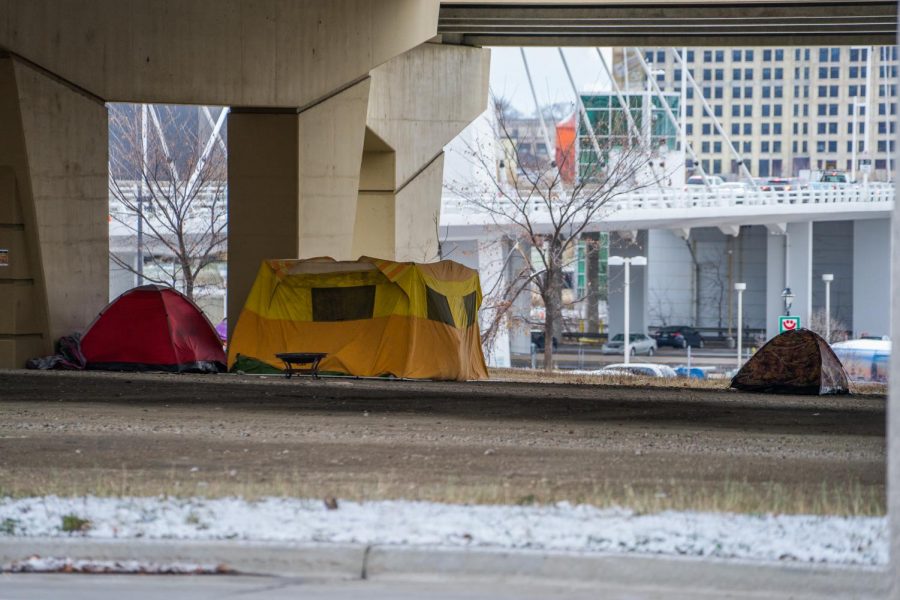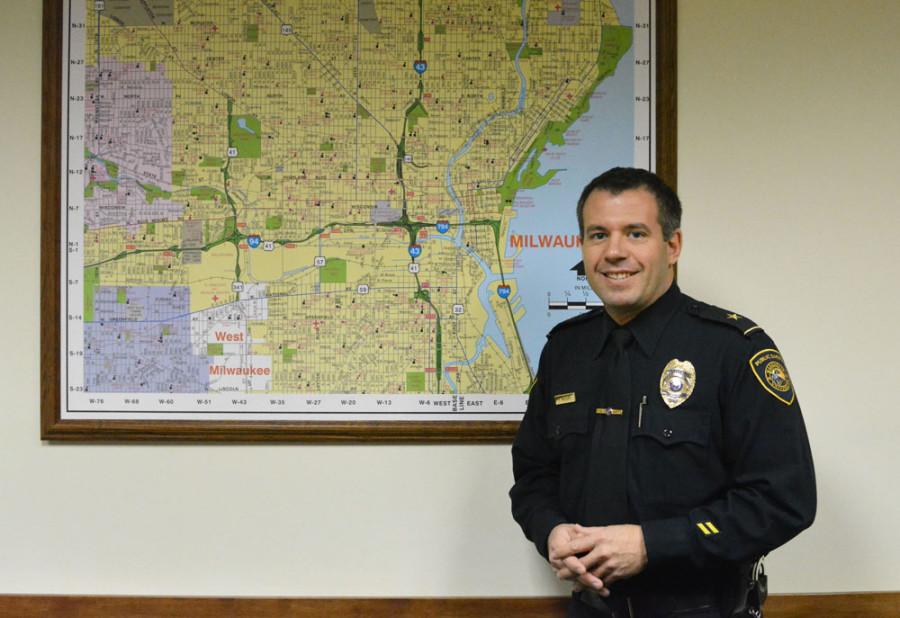 The number of homeless individuals in the United States is high for a developed country. About 13 percent of the U.S. population is considered impoverished, and one in seven people is in danger of going hungry. The exact number of homeless individuals in Milwaukee is unclear, but the predicted range is from 3,000 to 5,000.
The number of homeless individuals in the United States is high for a developed country. About 13 percent of the U.S. population is considered impoverished, and one in seven people is in danger of going hungry. The exact number of homeless individuals in Milwaukee is unclear, but the predicted range is from 3,000 to 5,000.
A surprising statistic shows that 20 percent of the homeless population is employed; however, wages are too low for these people to afford essentials includes food and housing. Statistics show food funding for homeless and impoverished individuals is among the first city expenses to be cut, a fate Milwaukee has seen.
Recently, many cities have banned the feeding of homeless individuals in public spaces, and cities such as Fort Lauderdale, Florida, seek legislation to make these practices illegal. There have already been cases in which those who handed out meals to the homeless were punished for their good deed. Individuals who regularly hand out meals to the homeless in the cities with bans were fined over $200 and face threats of jail time.
Proponents of the ban argue, if people stop feeding homeless individuals, the homeless will eventually leave these public places. However, this is not the case. Not feeding the homeless population will not make them simply disappear. Laws that ban this help actually make the problems of poverty and hunger worse. These bans may cause a decline in the level of compassion toward afflicted individuals in this country.
If city governments make feeding the homeless illegal, how will the divide between fortunate and less fortunate people be diminished? This new legislation in many cities across the U.S. discourages the fortunate from helping those in need. In addition to giving handouts in public places, the restrictions also limit the number of homeless shelters or meal sites allowed in an area, as well as their proximity to residential areas. It seems the divide is only expanding.
As Marquette students, we are very fortunate in the opportunities we receive through our education. I am reminded of my good fortune every day on campus. Recognizing my blessings encourages me to buy a homeless woman a sandwich, or give a man bus tickets so he can stay warm for at least a little while. Making these practices illegal is like making compassion illegal, turning issues of morality into issues of legality. These laws would impel us to act based on what is legal, rather than what is right.
Homelessness is not something that will just disappear if providing for these individuals in public is illegal. In fact, the complete cessation of this practice would make the homeless population more vulnerable and encourage apathy. Connecting with the homeless population can allow for a better understanding of the specific individual experiencing homelessness, and as a result, this population can be viewed as people with their own stories and journeys instead of a problem for the city.
Instead of banning handouts to those in need, city administrators should focus on showing more compassion and understanding to the homeless population.Whether it be job training, help with substance abuse or treatment for mental illness, we need to help these individuals better their situation, and starving them out is no way to accomplish this.


